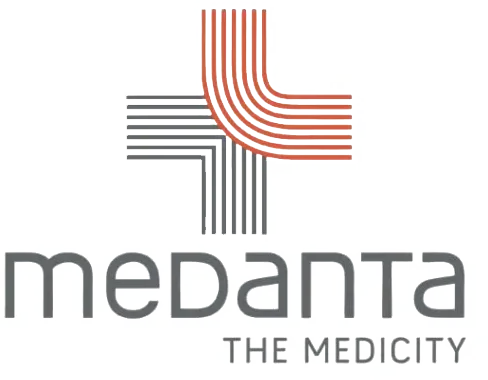Esophageal cancer can make eating a physically challenging and emotionally draining task. Since the disease affects the esophagus—the passage that carries food from the mouth to the stomach—patients often experience pain or difficulty swallowing. During and after treatment, maintaining proper nutrition is vital. Eating soft, high-calorie, and protein-rich foods helps with healing, maintains body weight, and supports overall recovery. This guide covers which foods are recommended, which to avoid, and how to approach meals with care and comfort.
Contents
- 1 What Types of Foods Are Recommended?
- 2 What Soft and Moist Foods Are Helpful?
- 3 Why Use Pureed or Blended Foods?
- 4 How Can You Make Meat Easier to Swallow?
- 5 When Are Liquid Nutrition Supplements Needed?
- 6 Can You Eat Soft Cheeses and Nut Butters?
- 7 What Other Foods Are Gentle on the Throat?
- 8 What Foods Should Be Avoided?
- 9 Why Stay Away from Dry, Tough, or Sticky Foods?
- 10 Can Spicy or Acidic Foods Worsen Symptoms?
- 11 Should Alcohol Be Avoided Completely?
- 12 Is Caffeine a Concern?
- 13 What Are Some Practical Eating Tips?
- 14 How Often Should You Eat?
- 15 Why Is Drinking Enough Fluids Important?
- 16 When Is a Feeding Tube the Right Choice?
- 17 Why Work with a Healthcare Professional?
- 18 What Other Factors Should Be Considered?
- 19 Why Is Personalization So Important?
- 20 How Do Nutritional Requirements Change During Treatment?
- 21 What Treatment Side Effects Can Affect Eating?
- 22 How Can a Thoughtful Diet Improve Quality of Life?
- 23 Conclusion
What Types of Foods Are Recommended?
Good nutrition plays a key role in the treatment process. Esophageal cancer patients should focus on foods that are smooth, soft, and easy to swallow, while still providing the body with enough energy and nutrients.
What Soft and Moist Foods Are Helpful?
Foods that are naturally moist and require little to no chewing are typically best. They minimize discomfort while providing essential nutrients. Consider options like:
- Hot cereals: Cream of wheat, oatmeal, or rice porridge that can be thinned with milk or broth.
- Mashed potatoes: Enrich with butter, cheese, or cream for added calories and smooth texture.
- Yogurt: Choose full-fat varieties for extra protein and energy.
- Applesauce: Gentle on the throat and easy to digest.
- Soft pasta or rice: Cook until very tender and serve with smooth sauces to prevent dryness.
These options are gentle on the esophagus and can be adjusted to meet personal taste preferences or dietary needs.














 +91-9818045855
+91-9818045855
